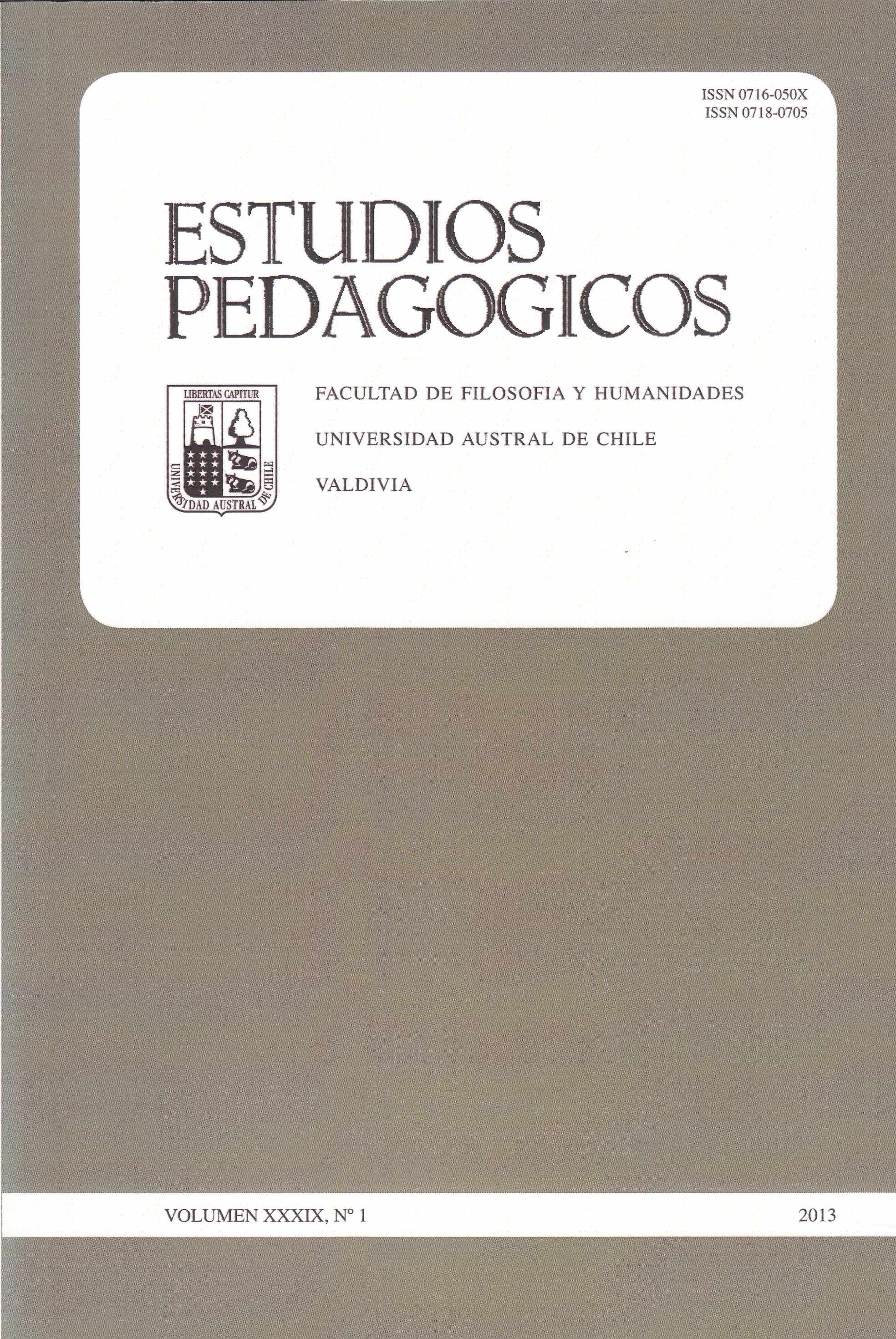Body movement and learning in primary school teaching: understanding and description of knowledge building processes from the relational action of the actors
Main Article Content
Abstract
This investigation was produced within a three years process, related to body experience and learning in school context, specifically in primary school, from different areas or teaching topics. The epistemological foundation is taken from the phenomenology (Noe, 2010; Merleau-Ponty, 2000) and the neurosciences (Varela, 2000; Thompson, 2007; Gallagher y Schmicking, 2010). The main objective is set on the characterization and categorization of body movement on the basis of learning in children. The methodology used is mainly qualitative, precisely case study, although some cluster analyses were used in order to categorize the schools under research. The main results are oriented to action and movement processes mainly in dependency and heteronomy in formal classes more than during school breaks or other spaces. This situation allows considering the school is essentially, in the analyzed cases, a space of resistance relationships and domestication rather than a place of autonomy and own actions development.

